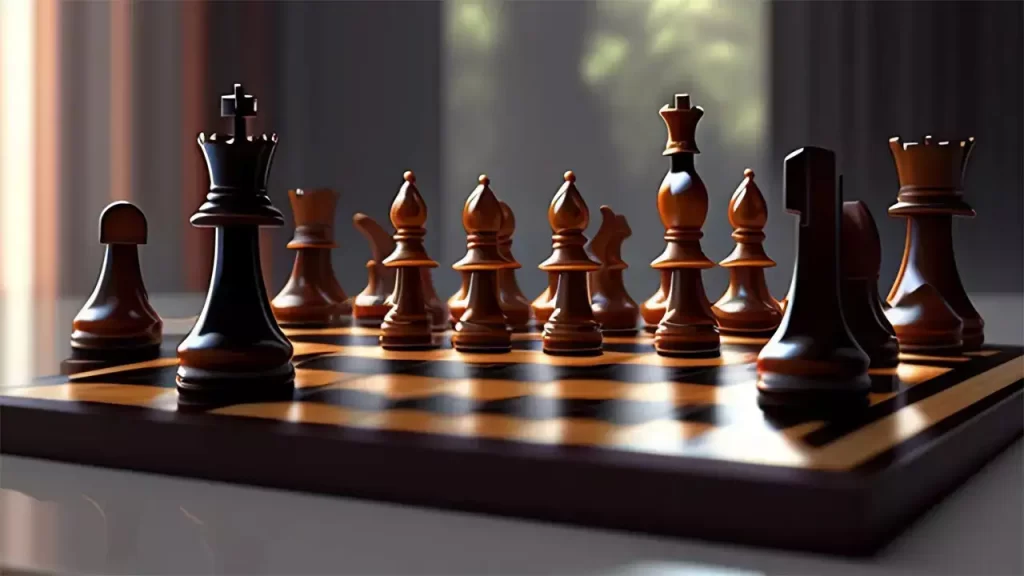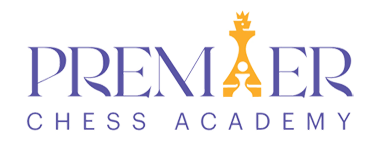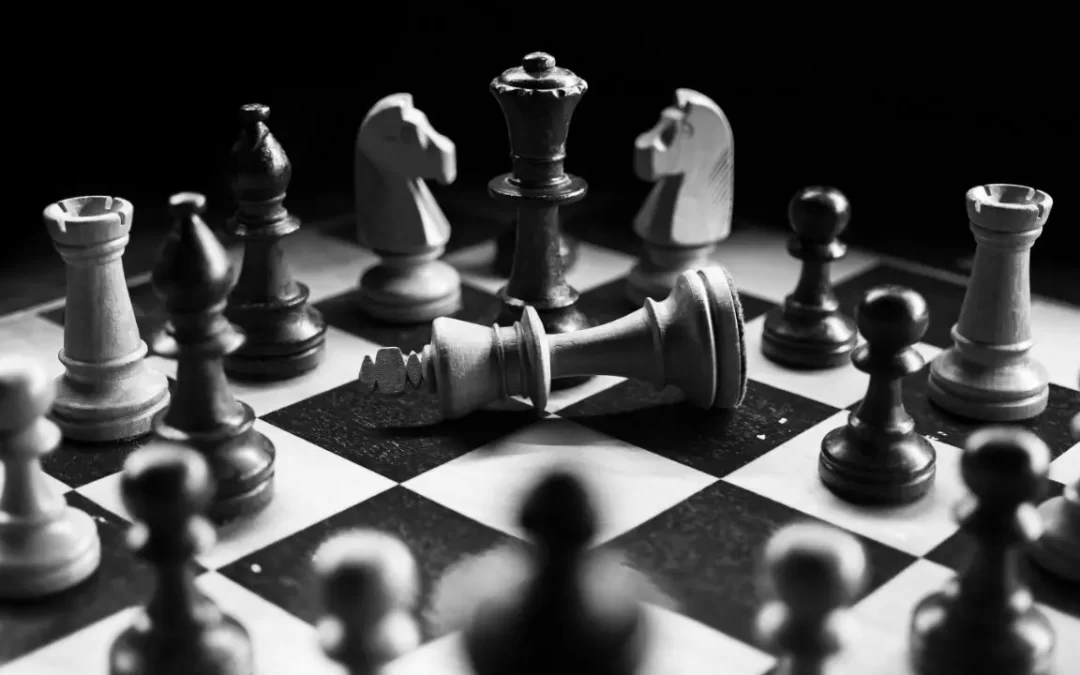Chess is a game of strategy, patience, and continual self-improvement. While playing against others helps test your skills, practicing chess without a partner is not only possible—it’s essential for mastering the game. Whether you’re a beginner or an advanced player, solo training sharpens your focus, improves memory, and enhances positional understanding.
At Premier Chess Academy, we encourage students to supplement their online chess classes with individual exercises. In this blog, you’ll discover innovative and effective ways to practice chess alone, strengthen your foundation, and elevate your game.
1. Set Up and Solve Chess Puzzles
One of the best ways to improve your tactical thinking is through chess puzzles. These exercises simulate real-game scenarios and train you to find the best possible moves in complex positions.
Use physical boards or digital platforms to set up daily puzzles. Solving these regularly can help you develop intuition for forks, pins, skewers, and checkmate patterns—a skill our Chess Academy emphasizes during online chess coaching.
2. Analyze Your Own Games
If you’ve played games recently—whether online or offline—take time to review them. Self-analysis allows you to recognize patterns, spot blunders, and understand your decision-making under pressure.

Use chess engines like Stockfish or tools available in your online chess classes to pinpoint mistakes and find better alternatives. At Premier Chess Academy, we teach students how to annotate games effectively and learn from each move.
3. Practice Chess Openings and Setups
Memorizing openings is not enough—you need to understand them. Set up your board and practice specific opening lines move by move, focusing on the reasoning behind each step.
Work on your chess setup from both White and Black’s perspective. Repetition builds confidence and ensures you’re prepared during actual games. Our chess school curriculum includes structured opening practice as part of its core chess training modules.
4. Endgame Training: The Most Underrated Solo Drill
Mastering the endgame often means the difference between a draw and a win. Practicing endgame positions—like king and pawn vs king or rook and king vs king—can drastically improve your closing strategies.
You can set up common endgame scenarios on your own and try to convert them into wins. Online chess coaching at Premier Chess Academy emphasizes endgame principles to ensure students don’t miss out on crucial points.
5. Play Against Chess Engines or Bots
When human opponents aren’t available, chess engines or computer bots are a great alternative. These programs offer adjustable difficulty levels and different playing styles, helping you adapt to a variety of opponents.
Choose a level slightly above your comfort zone for steady improvement. Many students at our chess academy use this method as a complement to their chess training sessions.
6. Visualization Exercises for Stronger Mental Play
Chess isn’t just physical—it’s deeply mental. Train your brain with visualization drills. Set up a position on the board, study it for a minute, then remove the pieces and try to visualize the next five moves in your head.
You can also try blindfold chess practice, where you play a game without looking at the board—mentally tracking every move. This technique is regularly used in our advanced online chess classes to improve focus and board memory.
7. Study Classic Games by Chess Legends
Studying games played by world champions like Bobby Fischer, Garry Kasparov, and Magnus Carlsen can offer deep insights into strategy and style.
Recreate these games on your board and pause after every few moves to predict what comes next. At Premier Chess Academy, our chess school guides students through these historical masterpieces, teaching the principles behind each move.
8. Maintain a Chess Journal
Keep a notebook or digital document to track your progress, record puzzles, list new openings, and write reflections on your training. This habit helps reinforce learning and track improvement over time.
Our online chess coaching sessions often include journaling assignments so students stay accountable and engaged between lessons.
9. Use Mobile Apps for On-the-Go Practice
With mobile apps, you can practice anywhere. Apps like Chess.com, Lichess, or Magnus Trainer offer a mix of puzzles, AI games, and tutorials tailored to all levels.
Our chess academy encourages the use of these tools to complement structured chess training, especially for students who prefer learning on the go.
10. Set Daily Goals for Consistent Progress
Solo practice is most effective when you have clear, measurable goals. Set targets like solving five puzzles a day, reviewing two games a week, or mastering one new opening per month.
With proper guidance from Premier Chess Academy’s online chess classes, students learn to create personal study plans that turn consistent practice into tangible results.
Conclusion
Practicing chess alone might seem challenging at first, but it opens doors to self-discovery, discipline, and deep strategic thinking. Whether you’re refining tactics, perfecting openings, or diving into endgames, every solo drill counts.
At Premier Chess Academy, we combine expert-guided online chess coaching with at-home training strategies to ensure well-rounded development. With the right approach, a chess board, and a bit of creativity, you don’t need a partner to become a champion.


Recent Comments